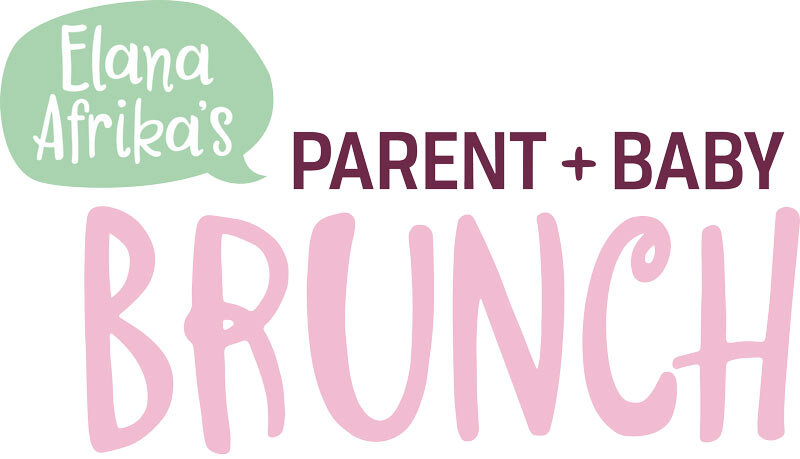6 Ways your Pregnancy can affect your Oral Health
By Guest Writer Natasha van Reede van Oudtshoorn – Practising oral hygienist and mom to 3 boys.
Teeth are always in style, says Dr Seuss. Yes, that is true – even while you are pregnant.
You’ve probably heard an older women in your family telling you she lost a tooth with every pregnancy, and she probably did. But we don’t lose a tooth just because we are pregnant.
There are, however, a few contributing factors that put pregnant women at a higher risk for oral problems:
1. Being tired.
This is probably the first sign you will experience, and it usually starts before you know you are pregnant.
Falling asleep on the couch before the sun sets, going to bed without brushing your teeth because you were too tired… Sound familiar?
We start to neglect our oral hygiene routine when we are pregnant. As the pregnancy progresses, the tiredness becomes overwhelming and by the time your baby arrives, your priorities have totally shifted to the baby alone.
2. Change in diet.
You’ve probably started having cravings, you eat more regularly, or you eat more food (what a lovely excuse it’s always been for me!).
You might eat at irregular time intervals throughout the day or eat strange combinations of different foods. Does syrup with cucumber at 00:00 ring a bell?
The fact that our diet and cravings change can contribute to us eating more sweet stuff or food with a high acidic content. This leads to us being at a higher risk for getting cavities, rotten teeth and other dental or health problems.
3. Fluctuating hormones levels.
When our hormones fluctuate, our gums can overreact.
A person who is not pregnant will probably have a small amount of bleeding when they have small amounts of plaque. But when you are pregnant, it is not surprising to find a noticeable amount of bleeding when a small amount of plaque is present in the mouth.
You might notice a small bump on the gums that acts like a cyst and could even drain out. That is called a ‘pregnancy granuloma’. As soon as the baby is born, the pregnancy granuloma disappears – so this is not a harmful growth, but definitely a very common one.
4. The calcium myth.
The most common myth around your teeth and your pregnancy is that the baby uses the calcium from your teeth to grow.
This is not true.
The baby uses the calcium from your body, especially from your bones. Your doctor will probably suggest you use a calcium supplement during your pregnancy. But don’t worry, the calcium embedded in your teeth cannot be extracted by your growing baby.
5. Morning sickness.
It is common that nausea, heartburn and acid reflux will be more prevalent when you are pregnant.
These symptoms can cause more acid to be present in the mouth, which can permanently damage the enamel of your teeth.
Make one important note to yourself, especially if you are throwing up regularly: Do not brush your teeth directly after throwing up. Rather rinse your mouth with water or a fluoride mouthwash.
6. Visiting a dental professional.
Most women are unsure of whether it is safe to visit the dentist when they have toothache during their pregnancy.
Do you have bleeding gums, but are too scared to visit the oral hygienist because you don’t know if it is safe for your baby?
Well, good news – it is safe to visit a dental professional during pregnancy!
Dental personnel take special precautions with pregnant patients. For example:
You won’t have to lie flat on your back. Dental chairs can be positioned for your comfort and safety. Dentists don’t mind standing if necessary.
If dental X-rays are necessary, you will wear a lead apron to protect your baby against the exposure to X-rays.
If dental work is necessary on your teeth during your pregnancy, it means you have a serious dental problem that can probably not wait until your baby is born. Your dentist will then confirm with your doctor or gynaecologist that there are no complications to his proposed treatment.
In the inevitable event of using the dental injection, there is a safe option for pregnant ladies – the dentist will use an anaesthetic that doesn’t contain any adrenalin.
Ultimately, it is much safer to visit your dentist if you do have a problem with your teeth rather than not going at all.
If we refrain from visiting the dental practice during pregnancy, the problem can evolve and become very serious (especially if you have an abscess). Unfortunately, dental problems left untreated can lead to premature labour.
Your oral hygiene and your dental health during pregnancy involve many factors. Therefore, it is of utmost importance to keep your mouth clean and healthy, especially during pregnancy. Here are a few top tips:
Brush twice a day
Rinse with an alcohol-free fluoride mouthwash
Floss once daily
Avoid sugar
Eat a healthy diet
Visit your oral hygienist early in your pregnancy – he or she will be able to provide you with individual advice on how to care for your teeth and gums
Best wishes for a healthy pregnancy and remember: You don’t need to floss all your teeth, only the ones you would like to keep!
Listen to our Baby Brunch The Parenting Series podcast with Natasha to find out more about oral health for Babies, Toddlers & Moms-to-be.
